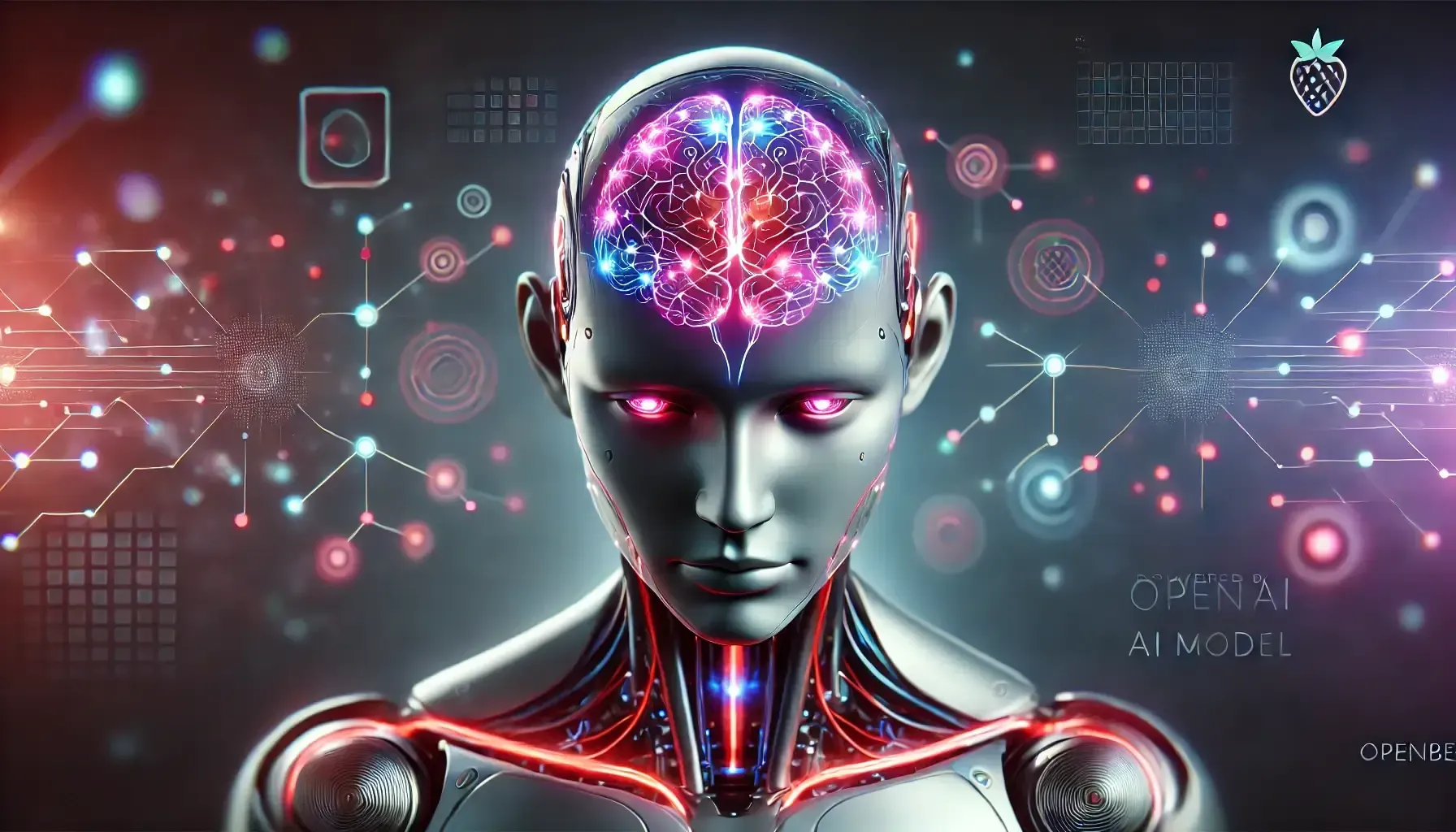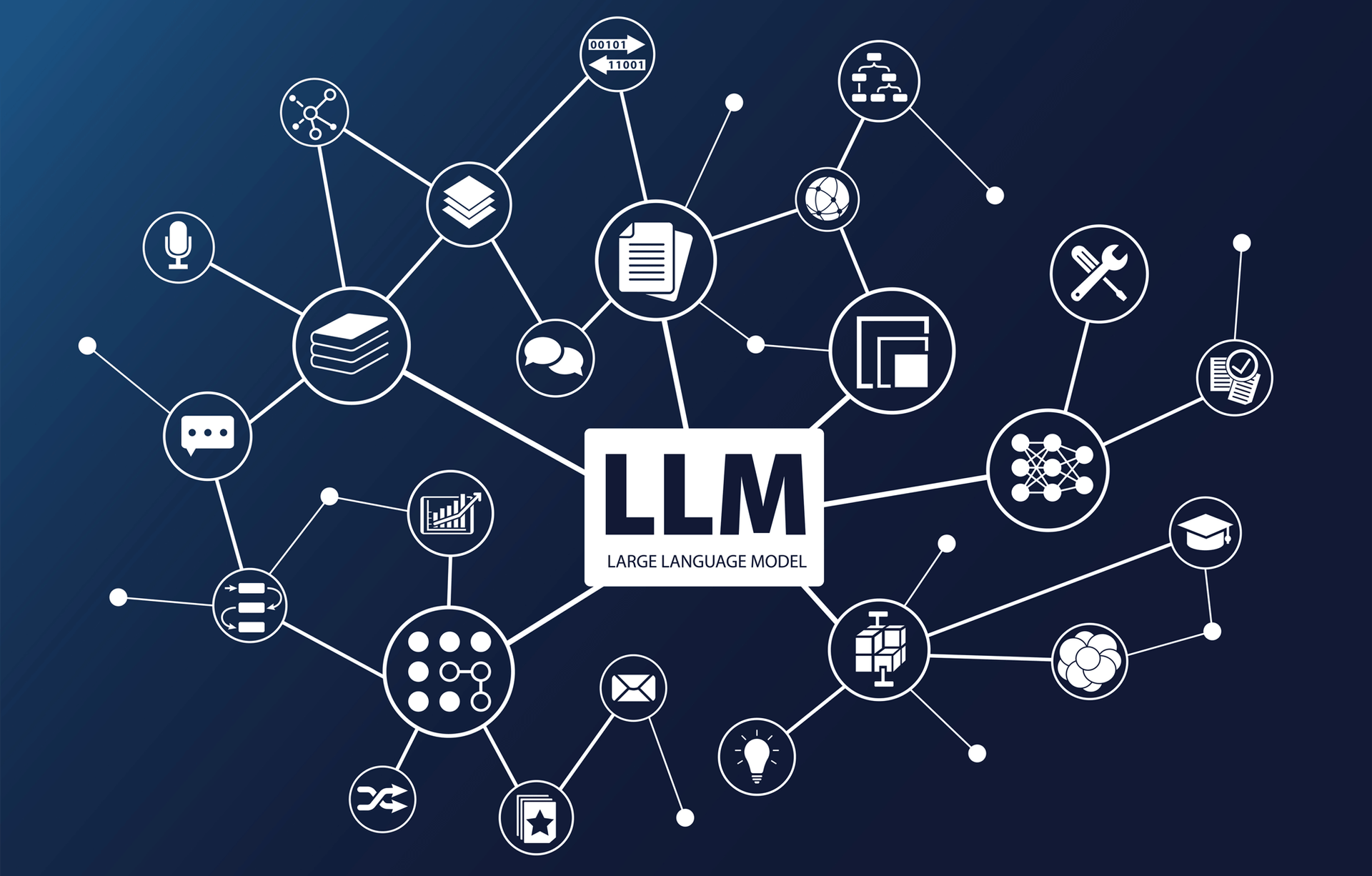10 Essential Tips For Adopting AI
Embracing AI: A Ten-Step Framework for Avoiding Defeat
In today's business world, where digital transformation drives success, Artificial Intelligence (AI) is an essential asset. It's crucial not just for staying competitive but for survival. AI is more than a tool; it's a revolutionary force that enhances operations, enriches customer experiences, and positions businesses for future growth.
As Sun Tzu famously stated 2,500 years ago, "Strategy without tactics is the slowest route to victory. Tactics without strategy is the noise before defeat." From conducting numerous AI workshops across New Zealand, it's clear that organizations are eager to adopt AI on a tactical level but struggle to keep up with AI innovation due to a lack of a strategic framework.
Consequently, AI adoption is often reactive—merely the noise before defeat.
To ensure businesses not only adopt AI but also continually leverage its potential, we have developed a ten-step AI Adoption Framework. Here is a summary of our recommended principles:

1. Develop an AI Governance Framework
Implement an AI governance framework addressing data privacy, algorithm transparency, and bias mitigation. Regular monitoring and compliance assessments maintain ethical standards and manage risks.
2. Develop a Strategic AI Roadmap
Develop a comprehensive AI adoption roadmap detailing key milestones, initiatives, and investments. Prioritize projects based on their impact and feasibility, setting clear objectives to monitor progress and measure success. Ensure the AI roadmap aligns seamlessly with your business strategy.
3. Learn by doing
Begin by equipping your team with low-risk, relevant AI tools that align with your strategic goals. Build internal competency with tools like machine learning and Generative AI
4. Foster an AI-Experimental Culture
Create an environment that encourages hands-on AI experimentation. Use real-world applications and case studies to foster a culture of innovation and continuous learning.
5. Promote AI Knowledge Sharing
Encourage AI knowledge sharing to enhance collaboration, innovation, and effective use of AI technologies. Foster a knowledge-sharing ecosystem through workshops, internal networks, or digital forums.
6. Establish Diverse AI Stakeholder Groups
Form AI stakeholder groups led by senior executives and composed of members from different departments to integrate diverse perspectives and ensure strategic alignment.
7. Utilise External AI Expertise
Leverage external experts to complement internal capabilities, as the intricacies of AI can require specialised knowledge.
8. Provide Targeted AI Training
Offer tailored training sessions to clarify AI's relevance to different roles. Hands-on training enables employees to tackle real-world challenges using AI.
9. Keep Updated on AI Trends
Stay informed about the latest AI developments by attending industry conferences and seminars, keeping connected with AI leaders and innovators.
10. Identify and Address Capability Gaps
Evaluate your organisation’s capabilities to pinpoint and bridge gaps that could hinder AI adoption. Invest in specific training to enhance essential skills in data science and machine learning.
Concluding Thoughts
By following this framework, your organisation does more than adopt AI; it undergoes a profound transformation that enhances efficiency, innovation, and competitiveness. Although complex, this journey is crucial for the future of your business.
Please reach out if you have any questions or need a more detailed explanation of how to adopt this framework.
AI BLOG










